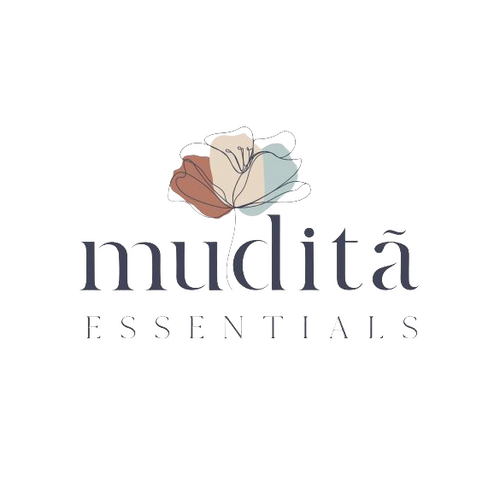
Tea Tree Oil's Benefits and Uses with a Splash of Fun Facts

Plant name (Latin): Melaleuca alternifolia
Plant family: Myrtaceae
Native region: Australia, particularly Queensland and New South Wales
Parts used: Leaves and twigs
Essential oil extraction method: Steam distillation
In the world of essential oils, few are as versatile and beloved as tea tree oil. This little wonder, derived from the leaves of the tea tree (Melaleuca alternifolia), has been cherished for its numerous health benefits and practical uses. From skincare to household applications, tea tree oil has earned a special place in the hearts of natural enthusiasts. In this blog, we'll dive into the enchanting world of tea tree oil, exploring its benefits and uses, sprinkled with some fascinating fun facts that will leave you amazed.
Tea Tree Oil: The Essentials:
The Tea Tree Discovery:
Tea tree oil's history can be traced back 100 of years to when indigenous people have long used the leaves of the tea tree for their medicinal properties. The oil gained popularity in the broader world during World War II when Australian soldiers used it as an antiseptic.
The Aroma & Properties:
Tea tree oil is renowned for its fresh, medicinal aroma, which can be both invigorating and soothing. Its powerful properties include antibacterial, antifungal, and antiseptic qualities, making it a staple in natural remedies and skincare products.
Fun Fact:
The name "tea tree" is somewhat misleading. The tea tree (Melaleuca alternifolia) is not the same plant used to make traditional tea leaves (Camellia sinensis). The name originated from Captain James Cook, who observed the native people of Australia brewing a plant's leaves as a tea substitute.
Versatility & Uses:
- Skin Savior:
Tea tree oil's antibacterial and anti-inflammatory properties make it an excellent remedy for various skin issues. It can help soothe acne, blemishes, and minor skin irritations. When diluted, it's safe for topical use.
- Hair Hero:
Adding a few drops of tea tree oil to your shampoo can help combat dandruff and promote a healthy scalp. Its antimicrobial properties can prevent scalp infections and keep your hair feeling fresh.
- Natural Cleaner:
Tea tree oil's antimicrobial power extends to household cleaning. Create a DIY all-purpose cleaner by mixing water, white vinegar, and a few drops of tea tree oil for a refreshing and effective solution.
- Nail Care:
For those dealing with nail fungus or athlete's foot, tea tree oil's antifungal properties can help alleviate these issues. Dilute the oil and apply it to the affected area.
- Insect Repellent:
Tea tree oil's aroma is a natural repellent for insects. You can create your own bug spray by combining tea tree oil with water and a carrier oil like jojoba or coconut oil.
Precautions:
Tea tree oil is potent and should always be diluted before direct skin application to avoid irritation. Some individuals may be sensitive to the oil, so it's recommended to do a patch test before using it extensively.
Tea tree oil is like a versatile magician that can transform your health and home in the most natural way. Its benefits and uses span from skincare to household cleaning, making it a must-have in every natural remedy toolkit. As you harness the power of tea tree oil, remember the intriguing fun facts that enrich its story, adding an extra layer of appreciation to this remarkable gift from nature. Embrace its magic and let it enhance your well-being in ways you never imagined!





